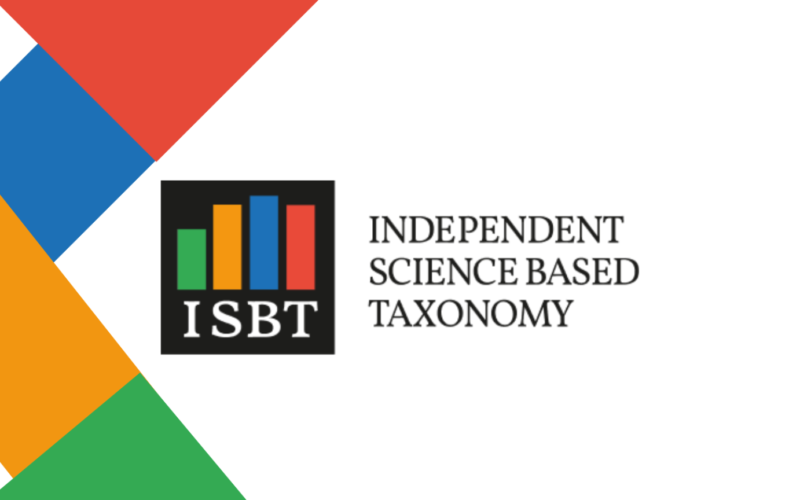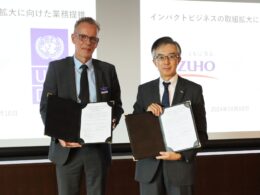The Independent Science Based Taxonomy (ISBT) is an independent project based on publications, scientific literature and investigative journalism produced by a network of exclusively not-for-profit experts and scientists. It offers businesses, financial institutions and other stakeholders a free tool that categorises economic activities while ensuring they are entirely backed by climate and environmental science.
Globally, the creation of taxonomies for sustainable economic activities is increasing, with over 60 jurisdictions developing these standards. However, according to WWF, the existing frameworks like the EU Taxonomy have faced criticism for potentially being influenced by political and business interests, which might result in the endorsement of practices that do not fully align with sustainability goals. The ISBT addresses these concerns by adopting a strictly evidence-based approach that excludes lobbying influences, ensuring that all classified activities meet stringent environmental criteria.
The ISBT tackles this challenge through its entirely evidence-based and lobby-free approach. It evaluates EU Taxonomy criteria and enhances them with scientifically sound recommendations derived from technical proposals by the Platform on Sustainable Finance or other science-based criteria. It can also assess EU Platform’s criteria which are not yet adopted by the Commission, and propose criteria for new activities to be adopted by the EU and international taxonomy frameworks.
The ISBT board comprises WWF, ECOS and Chemsec. Vedran Kordic, EU Taxonomy Coordinator at WWF EU, emphasised the role of the ISBT in fostering informed decision-making and expediting sustainable development.
Sonja Haider, Senior Business and Investors Advisor at Chemsec, highlighted the importance of clarity in investment decisions, noting that the ISBT provides essential guidance for navigating complex sustainability criteria.
Mathilde Crepy, Head of Environmental Transparency at ECOS, also supported the ISBT’s role as a guiding tool for sustainable investment, setting ambitious environmental goals.






















